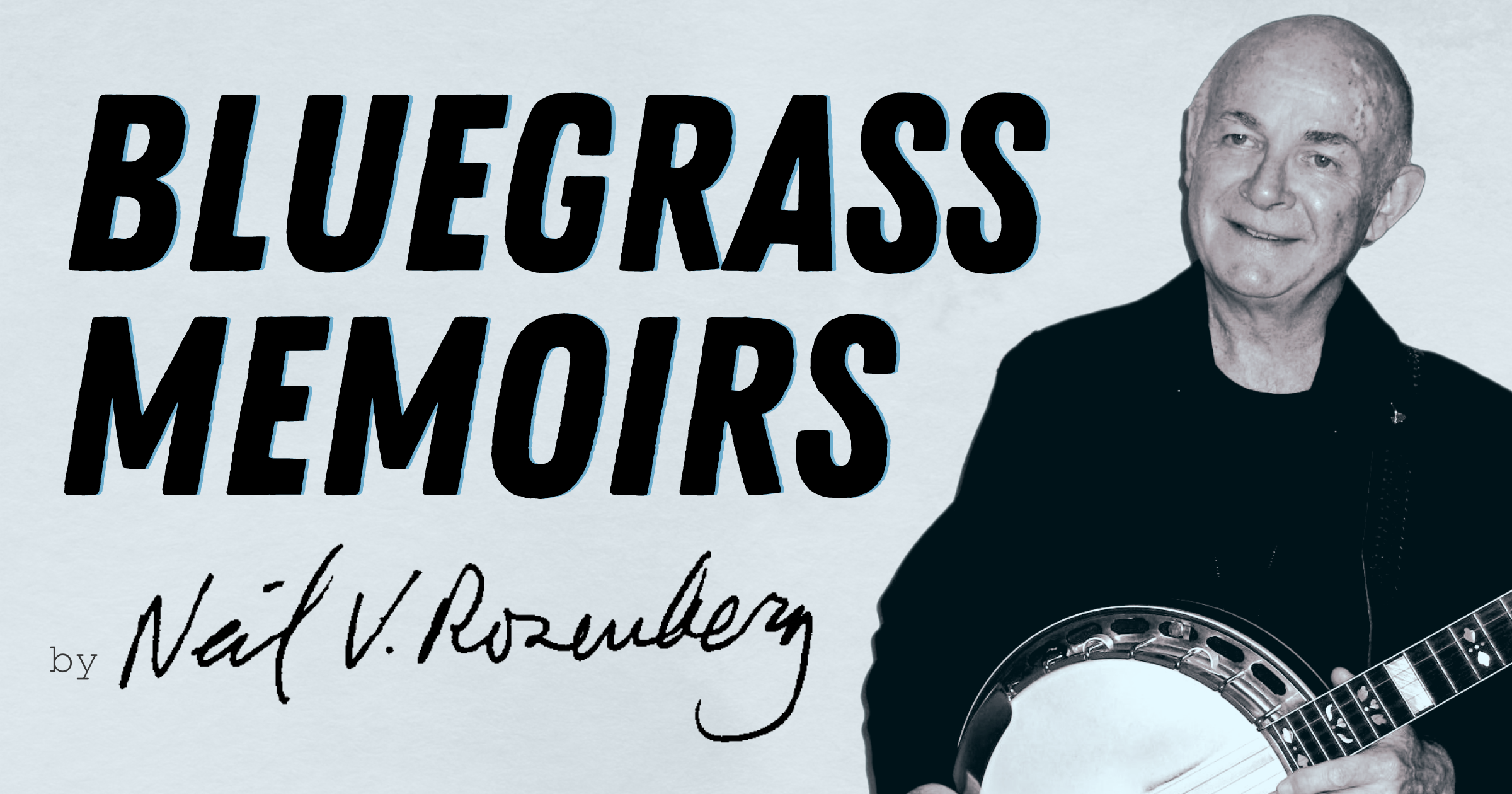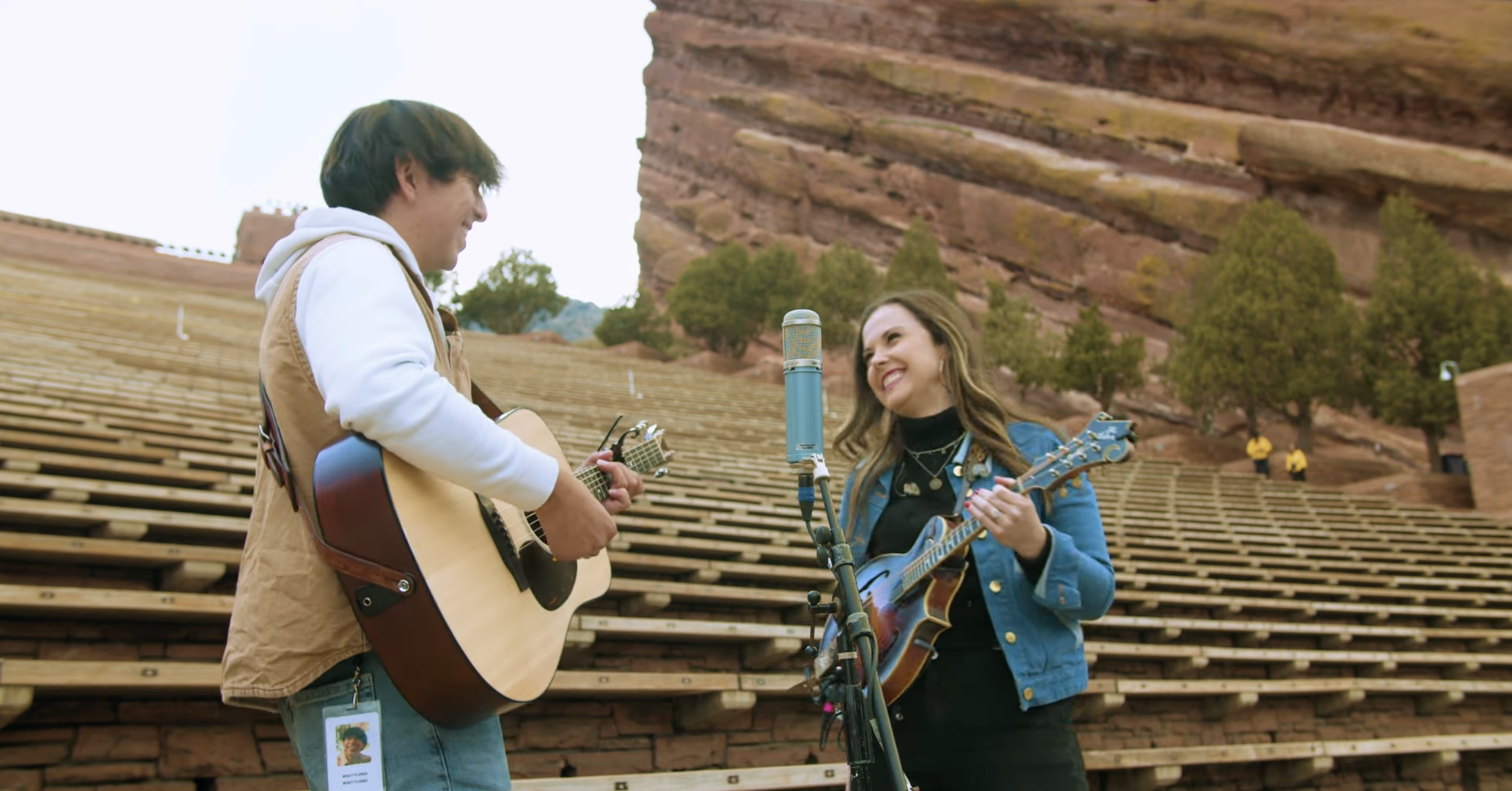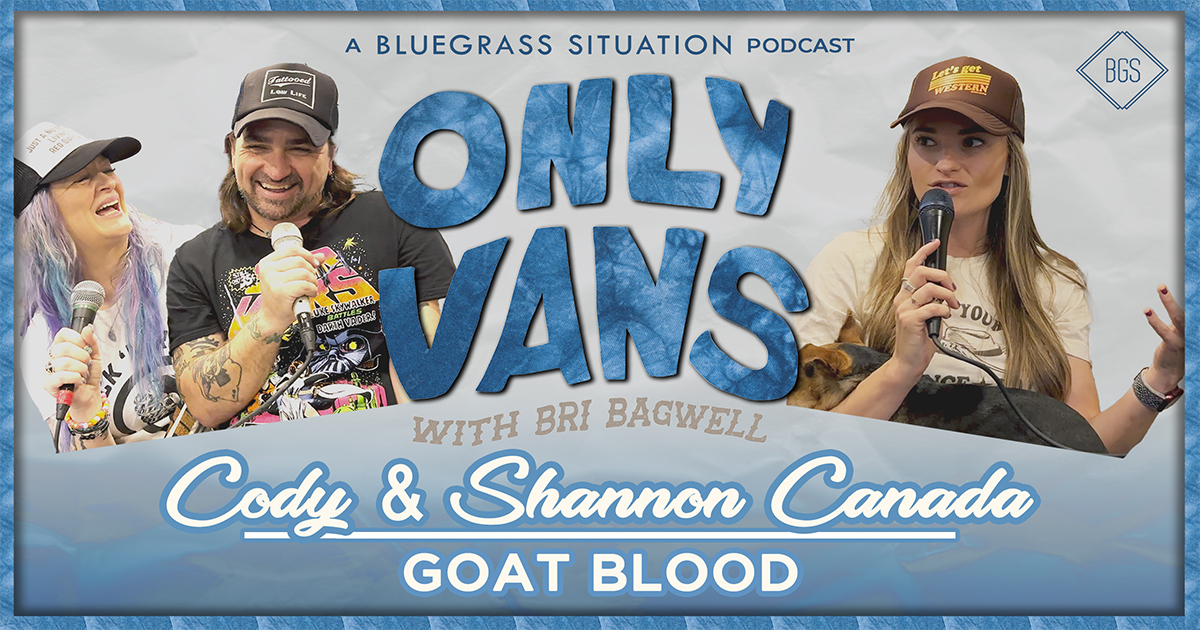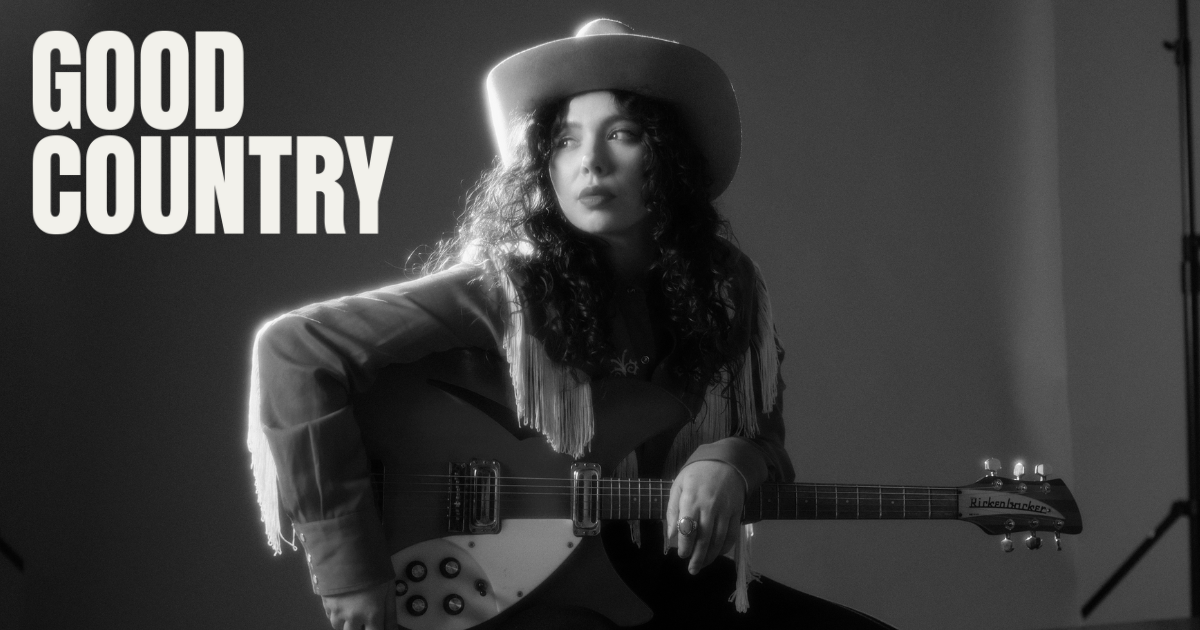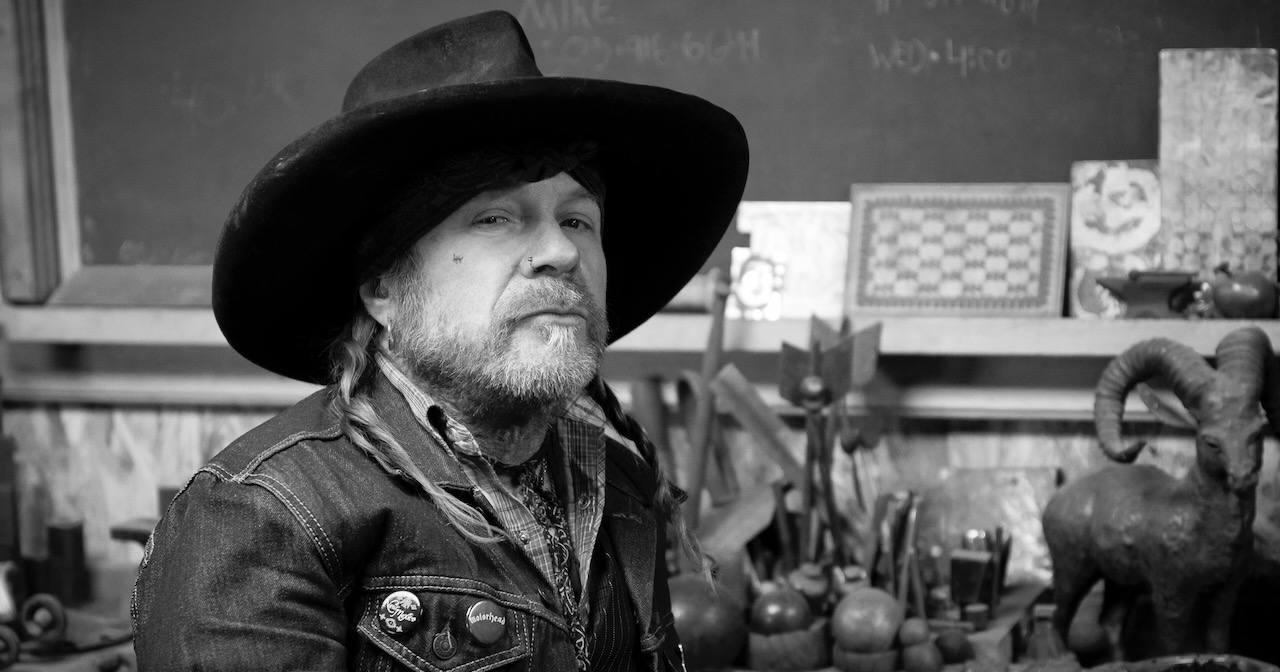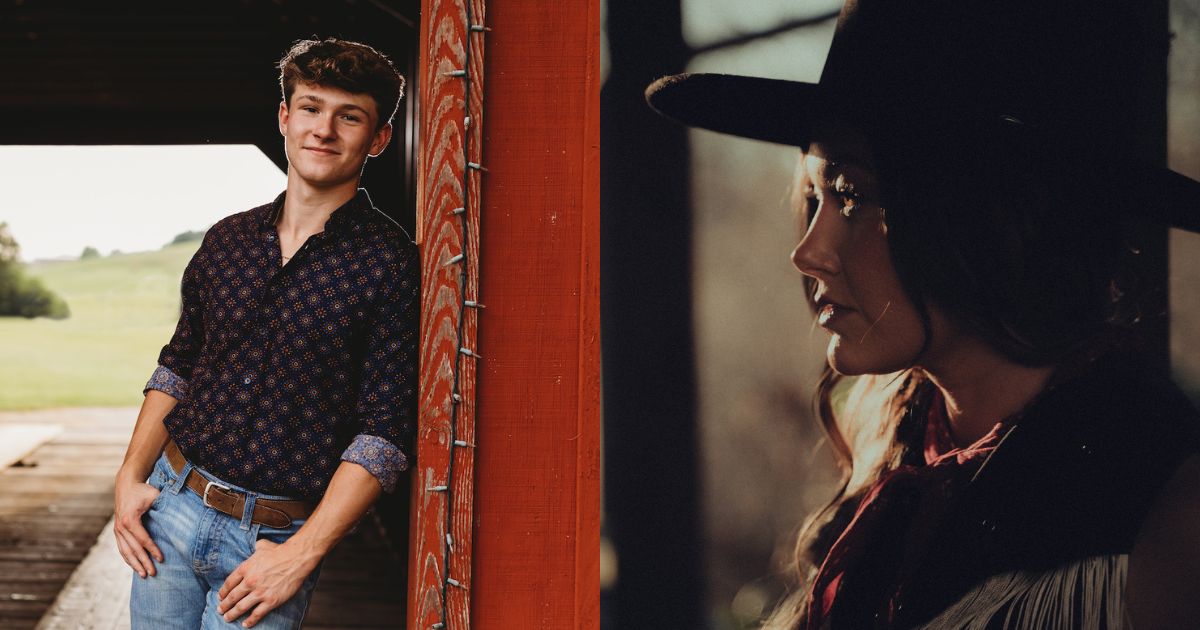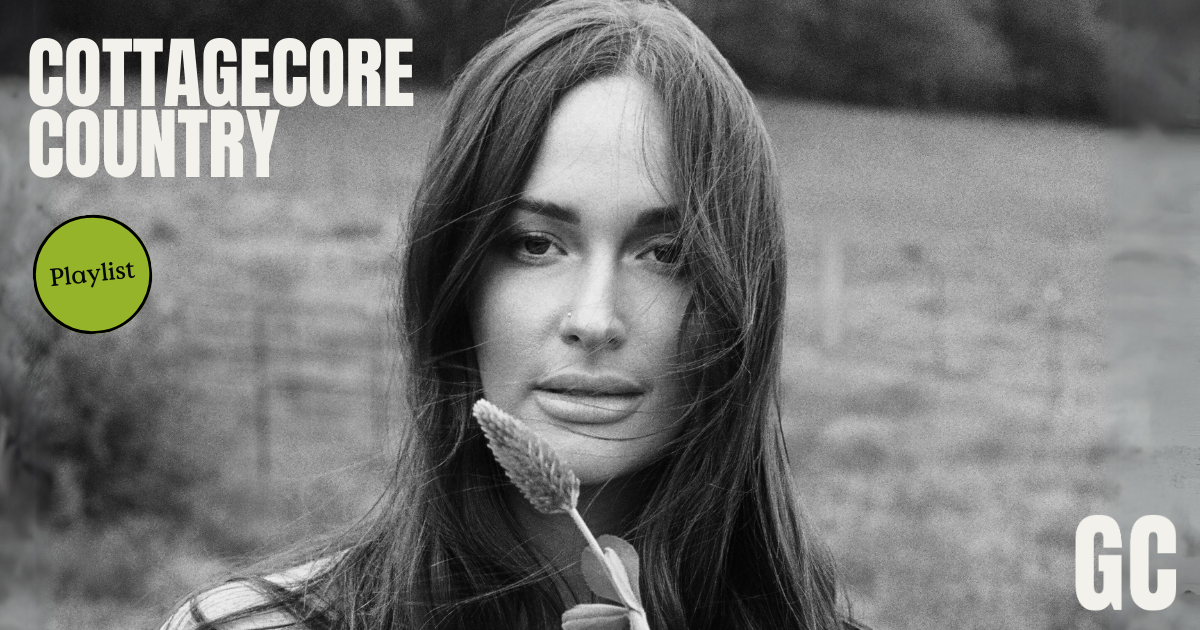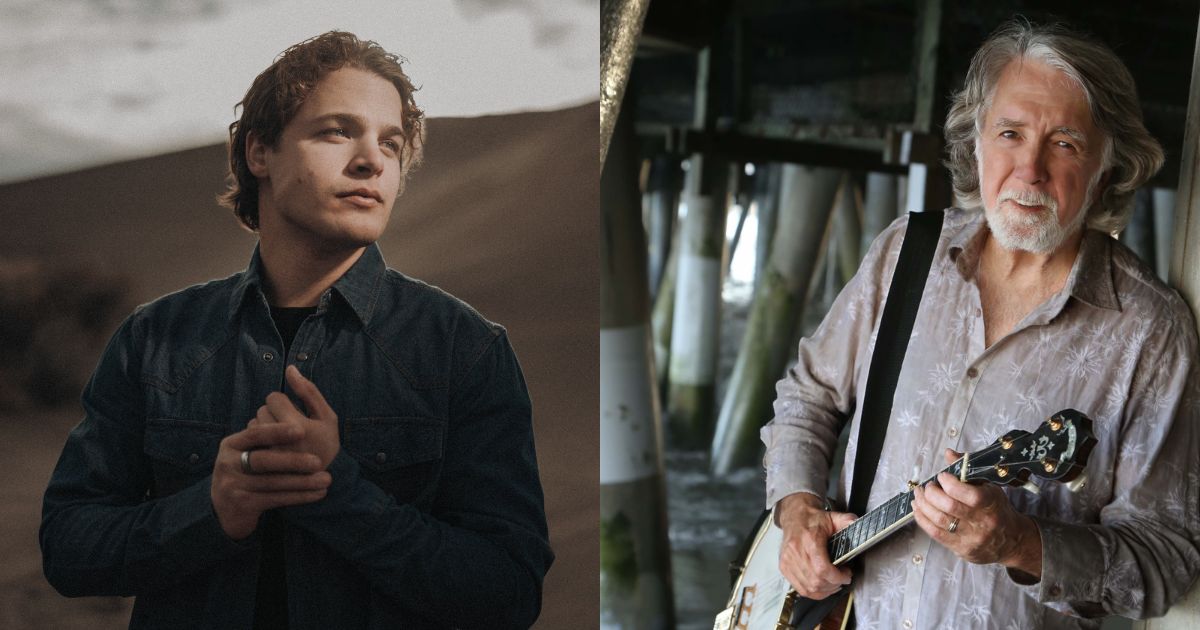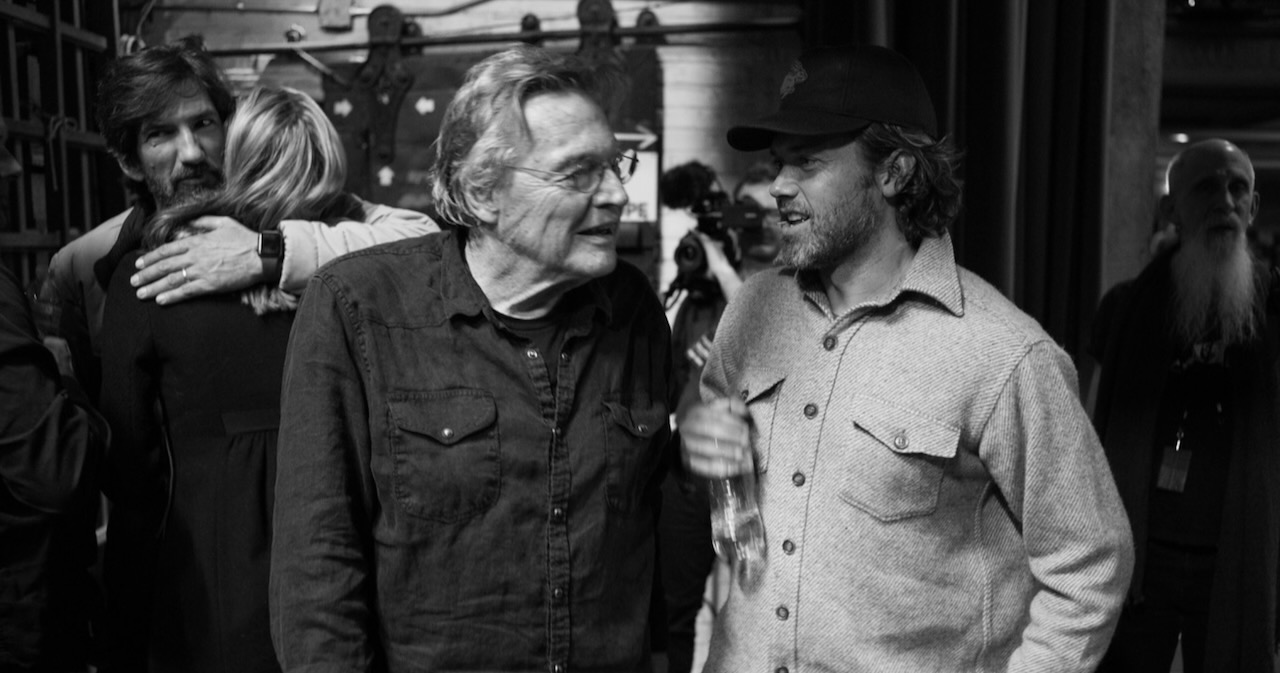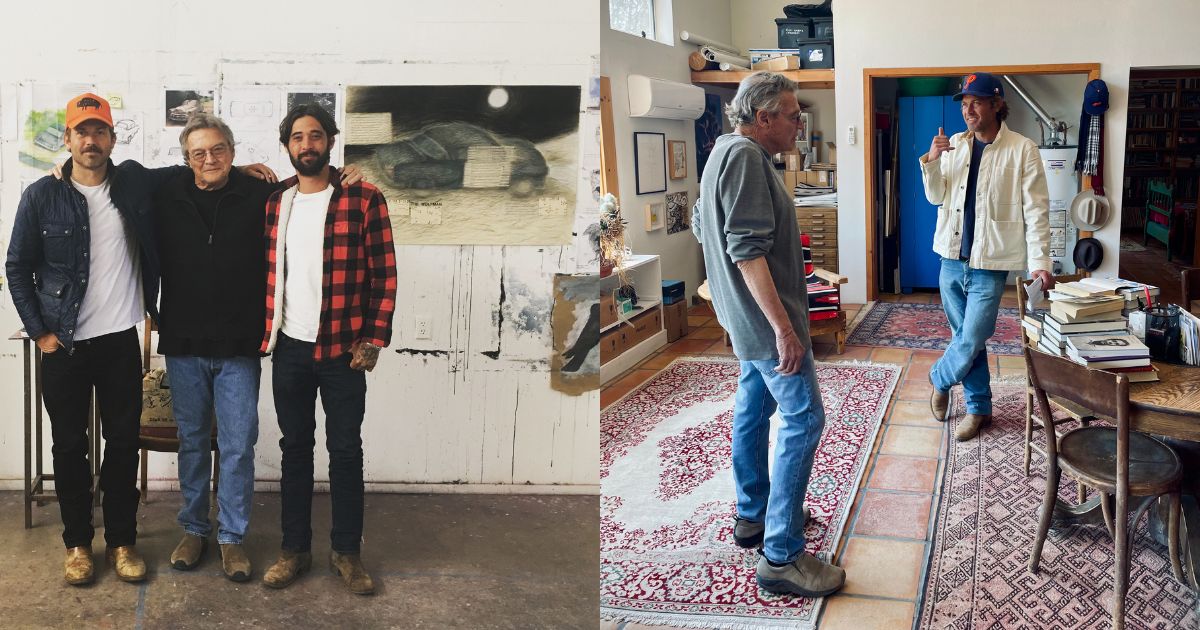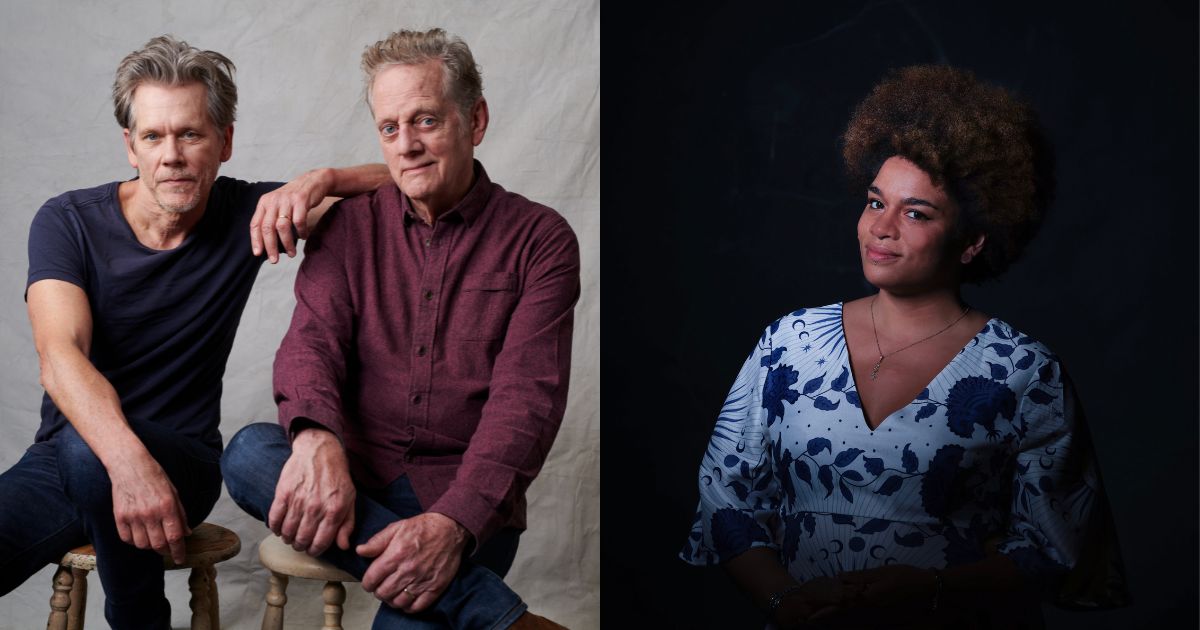Soon after Earl Scruggs and Lester Flatt ended their partnership and their band The Foggy Mountain Boys in 1969, Earl created The Earl Scruggs Revue with his sons. They recorded for a major label, Columbia, and toured regularly until 1980, disbanding in 1982. This is the story of how I came to see, hear and take extensive notes about their 1975 concert at the University of Maine.
In 1969 I was living in St. John’s, Newfoundland, working at Memorial University’s folklore department where I taught a yearly course, Introduction to Folk Song. I knew that bluegrass drew from folk traditions in the U.S. Southeast, for I had been playing bluegrass and writing about it for a decade. But I could tell my students little about the Canadian milieu. So, in the early ‘70s I began research in Canada’s Maritime provinces of Nova Scotia, Prince Edward Island, and New Brunswick
In August 1974, I moved to New Brunswick for a year’s sabbatical. My research project was a study of regional and local relationships between country music and folk music traditions. I did extensive fieldwork – interviews and documenting events, collecting music.
That fall, I met a singer-collector of country records and song folios, a perfect example of the kind of folk-country connection I was studying. I recorded several hours of his songs and began contemplating publishing them in an album.
I thought at once of Rounder, a new record company that had been publishing innovative roots albums. I’d met the Rounders – Ken Irwin, Bill Nowlin and Marian Leighton, a music collective – at an American Folklore Society meeting. They knew me as a writer about and collector of bluegrass.
Early in the new year I arranged to visit them. In February 1975, I set out in the family pickup with my ten-year-old daughter Lisa from our farmhouse in Pleasant Villa, New Brunswick to Brooksville, Maine, where we visited relatives. Lisa stayed with them while I drove further south to Somerville, Massachusetts, to visit the Rounders.
David Menconi, in his new book, Oh, Didn’t They Ramble (U of NC Press), describes well the scene at the Rounder collective’s big old Somerville house, with their newly flourishing roots music record company. We discussed projects, they took me down to the basement to see their mail order records inventory, and I came back to Brooksville with a load of LPs and lots of news about the contemporary bluegrass world.
Brooksville is a little over an hour away from Orono, site of the University of Maine, where my friend, Edward D. “Sandy” Ives, lived. Sandy was a great writer, a folklorist who’d studied and published books about 19th century singer-songmakers in Maine and the Maritimes. I was looking forward to discussing my ongoing research with him. After I returned from visiting the Rounders, we drove up to Orono to see Sandy and his wife, Bobby.
When we got to Orono, a young friend and former student of mine at Memorial, Lisa Feldman, was staying with the Ives. It was she who alerted us about the Earl Scruggs Revue concert and went along with us to it.
In St. John’s, I regularly bought new bluegrass albums by mail order from County Sales. I don’t recall paying much attention to the Revue then. County didn’t carry their albums.
Revue albums were not easy to find in Newfoundland. Working on a Flatt & Scruggs discography and, admiring Scruggs’ banjo artistry, I wanted to hear his contemporary work. I bought all the Revue albums I could find. By the fall of 1974, when I moved to New Brunswick for the sabbatical, I’d gotten seven.
Those records were in storage back in Newfoundland for the year, but I’d brought my stereo set along and by December I’d found a new Revue album, Rocking Across the Country (Columbia KC 32943). There was nice Dobro on it by Josh Graves and one great instrumental composed by Earl, “Silver Eagle” – named, presumably, for the band’s bus.
During that year I was doing field research at music events and venues – bars, jamborees, concerts, jams – and had developed a system of documenting them. I carried a 3″ by 5″ notebook (spiral binding, ruled pages) and took notes. This was with me all the time and so it just seemed like an easy thing to take notes as usual at this concert.
What follows are my notes from that February 7, 1975, concert, written up from my notebook when I returned to Pleasant Villa the following week.
Friday, February 7, 1975
Orono, Maine
Report on Earl Scruggs Revue Concert at the University of Maine, Orono.
Tickets were $3.50. I went with Sandy Ives, and we were joined at the concert by Lisa Feldman and by [Sandy’s wife] Bobby and [their daughter] Sarah Ives and [my daughter] Lisa R., who had all gone to see a Robin Hood movie. The concert was sponsored by the student union and represented a slight departure from previous concerts of this type in that instead of bringing high-powered “name” outfits on which a lot of money had been lost, they were now trying slightly less expensive acts. The concert committee was dominated by frat boys who didn’t know about music, according to Lisa [F.].
Site of the event was the basketball gym. Folding chairs were placed on the court, and wooden bleachers were placed around the side (these might have been permanent, but seemed moveable… small point). There were balcony seats on both sides and at one end, the end over the doors through which we entered. At the other end a stage was set up. Dominated by big columns and horns on either side – your typical rock concert setup. Sandy and I took seats on the left side of the bleachers (as you face the stage), about three rows up and we were about 2/3 to 3/4 of the way back from the stage toward the entry doors. Directly ahead of us in the middle of the floor was a raised platform on which the controls for the sound were set, along with a chair or two for the operator(s?). Behind this, higher and close to the back, was another platform with the lights. During the concert the colors were constantly being changed and moved about from tune to tune by a light man who must have known something about the Scruggs show in advance.
The audience consisted of college students almost exclusively. I didn’t see any old-time Martha White fans or country music types. Dress was Levi’s and hippie mufti – knit caps, ragged but interesting coats, vests, long dresses, patches, etc. There was a lot of smoking going on and some drinking. Before the show a long-haired young man who represented the powers that be got up and told the audience that there was no smoking and no drinking and that if they were caught, they would be ejected from the show by the campus police. In addition he said that, if you must smoke, then don’t get caught. But also, he said, please don’t put out your butts on the floor of the basketball court – a lot were last time, and the University is threatening to not let them have concerts if this continues. Burden of the speech: Here are the ground rules, don’t get caught, play it cool.
The campus police were cruising up and down the aisles dressed in dark blue uniforms with dark blue shirts and black ties with dark blue Stetsons. Something like Civil War Union Army officers in movies. And they were looking very serious and hawk-like.
The warm-up act was introduced, as a group from Boston, “Beckett.” The group consisted of Phil B. (missed his last name, [Buller]), who came on playing a D28 guitar and a harmonica, Steve Delaney, playing an electric bass, and Jaime Michaels, who played a D18 Martin guitar and did the emcee and lead singing in the first few numbers. Later they all switched around, with each doing some lead singing and some emceeing. I took notes in the darkened auditorium with a fancy movie critic’s pen that [then wife] Ann had given me — lights up in the dark, illuminating one’s pad. As it were.
The first song was “CLEAR BLUE SKY.” There were a few catcalls from the balcony and a rather tentative feeling from the audience. A whiff of authentic marijuana smoke drifted my way during this (and subsequent songs), and I could see people lighting up in various places. Later, the folks next to me surreptitiously passed a bottle (beer, I think) around. At the end of the first song, the Beckett emcee made a sly crack about “Maine Mounties” and from there the show built — they had the audience with them.
Next song was “SOMETHING NEW.” As all this was going on, the cops were cruising up and down the aisles, occasionally throwing people out, but generally arriving on the scene after the cigarette had been extinguished. They were on the lookout for tell-tale lights, and one time one went by us while I was jotting down a note with my fancy pen. He gave me a hard look and some of the people around me had a good giggle about that.
Next song, [“WE ARE FREE”]. These guys weren’t musically bad, but I could not really get into their music. The harmony singing was kind of Crosby/Stills/Nash and actually a bit weak; the instrumental aspect of it was bland. A note here says “harelip,” but when you wait ten days before writing up your notes you forget the jokes, I guess. Next one of the boys took up an Ovation guitar – this was Phil B., and the song was “LAST TUESDAY MORNING.” Then Jaimie mentioned that they were from Virginia and that they considered it an honor to be appearing with the Earl Scruggs Revue. Then they did “TENNESSEE.” Next, “I’LL TRY IF YOU’LL TRY.” Most of their songs were their own compositions, I guess. I didn’t recognize any of the above; the names in brackets are ones they didn’t announce that I guessed at from the words. Now Phil took up the Ovation again Steve took an electric guitar and they did a song they had written while in Pittsburgh, [“STOLE AWAY”]. Using the same instrumentation, which, incidentally, sounded better than the acoustics – that is, the electric came over with much more tone – they did “PERFECT HONEY.”
Now another instrument switch with Phil taking up an old Gibson J50 guitar and Steve going back to the bass. The song was introduced as a “folk song” for reasons which eluded me at the time. It was “SEARCHING,” but not the Coasters’ smash hit. With the same instrumentation, they then launched into a song written either by or about some friends in Boston, “COUNTY LINE.” Then, as their final tune, a song they introduced as being by Joni Mitchell and needing no introduction (?). It was well received by the audience, and they got an encore.
They came on and did a song which they introduced as a real old one by that old bluesman Eric Von Schmidt (time flies – I remember Rolf Cahn telling me in 1959 that he’d been picking with a really good kid in Boston who even did some slide guitar, a kid named Rick Von Schmidt). Song was “AIN’T NOBODY’S BUSINESS BUT YOU OWN,” and they did it well. Kids in the front of the audience got up and started waving their hands in the air, literally surrendering to the music. For the second encore, it was another Von Schmidt tune, “GRIZZLY BEAR (SOLID GONE).”
Another intermission, punctuated by further entreaties by the same fellow. By this point, the cops were less in evidence although during the second half they did eject several people sitting around me.
Enter the Earl Scruggs Revue, who plug in and pick away at once on “NASHVILLE SKYLINE RAG.” Across the front of the stage are three microphones; at my left stands Stevie Scruggs, who plays rhythm guitar (a Gallagher) most of the evening, except for one banjo tune. Next to him is Randy, who is bent over his Gallagher guitar, doing the lead work. Characteristically I guess you never see his face when he’s picking, he’s looking at the fingers and anyhow is surrounded by hair. Later, in various numbers which I didn’t note, he plays a bright red Gibson electric with twin cutouts and a thin (hollow?) body, which has a very mellow tone.
Next to him, in stage center, is Earl. Earl’s Mastertone is electrified with some sort of pickup inside, a Barkus-Berry or FRAP of some kind I guess. This surprised me, as did the fact that he was wearing the instrument much lower than when he played with Flatt. He was not bopping around as much as the boys (who, in turn, were not bopping around as much as many or most rock groups), but he was looking very relaxed, had the old smile of yore, and did move when he played more than I remember from the Martha White days. On the right and, rather standing back was poker-faced Gary, who played bass and did the lead singing. When there was any part singing done, Earl and Randy took the center mic, Steve the left-hand one, and, behind them Jody Maphis took his vocal parts on a separate mike over the drums. To my right behind and to the right of Gary, was a piano where Jack Lee the pianist sat. This is the same guy on the cover of the Rockin’ Across the Country album. [This is not correct. The guy on the cover of Rockin’ is Shane Keister, who is listed on the album cover as “keyboard instruments.”]
My first impression was one of tightness, in the sense that the band was really together and tight. And although I can’t say I like Earl’s banjo sound as well with the volts surging through it, it was sounding like a banjo and Earl did get quite a few tonal nuances from it without the visible aid of a tone control. Randy was as good as the recordings led me to expect, however, he frequently seemed to be “grandstanding” it, by playing freak-out type rock licks way up the neck which were spectacular and, effective in terms of inciting the audience, but which were as far as I was concerned not as nice musically as the well thought out stuff he did or does on record. So I was a bit disappointed in Randy.
My reaction to Earl was just the opposite. He has sounded a bit stiff and mechanical on the records I have heard (and I got ‘em all, Jack), but tonight he was nicely in the groove and seemed to have some very interesting new ideas, especially rhythmic variations, which I hadn’t heard before. He really seemed to be enjoying himself, too. After this tune, the members were introduced and they went right into “I SHALL BE RELEASED,” following which, Earl introduced the next song as an old “shouting type number,” “PAUL AND SILAS.”
Gary’s singing is o.k., it fits the music and sells the songs to the rock programmed audience. Doesn’t bother me, doesn’t excite me; seems to be better in person than on record, and better on recent record than on older records. Earl next says this is an old number he used to play at square dances back when they only had one instrument, and he says, “We’ll show you what it was like to do it alone and then we’ll show you why I was so glad when someone else came by with their instruments to help me out.” He doesn’t announce it, but it’s “SALLY GOODIN.” Intro and arrangement are as on the Kansas State album. They really get rolling (and rocking) on this one, with Earl and Randy engaging in some nice banjo-guitar call-response stuff. The audience responds here as it does again and again later on to the faster tunes, by standing up and waving their hands, shouting, etc. Following this, Earl mentions the Kansas State album by saying that the next tune is on it, an old Jimmie Rodgers tune, “T FOR TEXAS.” Next, Randy is to pick a fiddle tune on the guitar, and it turns out to be “BLACK MOUNTAIN BLUES.”
The next tune, an instrumental, was a [Blues in F] and then, coming without an announcement was “MOST LIKELY YOU GO YOUR WAY (AND I’LL GO MINE),” which has a nice arrangement with some good banjo work by Earl. The next song is introduced by Gary as one which dad wrote about the place in North Carolina where he grew up, “FLINT HILL SPECIAL.” Gary takes a harmonica break on this one.
Then, a novelty item — Randy and Jody play a tune written by Elizabeth Cotten (Earl is talking – I was gassed that he gave the tune proper credit, this really shows the kind of considerate and thoughtful person I like to think he is), on one guitar! Here Jody gets up front, from behind his drums, and he & Randy stand near the center of the stage and Randy does the right hand (the guitar, a Gallagher is hung from around his neck) and Jody does the left. Then, while Jody does the simple left hand, Randy does some fancy up the neck left hand stuff too, making it into a very interesting and rather complex piece of music. They also gag it up a bit, swinging the guitar back and forth at the end, in time to a leg-swinging rock dance step thing. Nice job, boys. “FREIGHT TRAIN” was the tune, of course.
Now one of the boys (Gary?) introduces Earl doing an old Carter Family tune on the guitar. This is “YOU ARE MY FLOWER,” which Gary sings and my impression was that the sound not as nice and delicate as on the recordings of that that Earl did a few years back. Next it’s Stevie’s turn – he does “EARL’S BREAKDOWN” on Earl’s banjo and it’s very hard to hear, giving me the impression that he hasn’t mastered the tune that well or that in any case hasn’t worked out tone production and control on the electrified instrument the way his father has. The next tune I noted only as [“FATHER TOLD ME”] and I’m at a loss to identify it from their recordings. Then, of course, the song which “Daddy wrote for a television series,” “THE BALLAD OF JED CLAMPETT” done as an instrumental. Followed by Randy’s guitar version of “ORANGE BLOSSOM SPECIAL,” which is a crowd rouser/etc.
Next comes Gary’s interesting song “EVERYBODY WANTS TO GO TO HEAVEN (NOBODY WANTS TO DIE),” which features in this performance a slide banjo sequence by Earl, in which he’s picking along, then takes his left hand off the fingerboard, reaching into his pocket (I think, what?!) and pulling out a slide and doing a couple bars of that kinda stuff. Grandstanding, but fun, and the audience can’t miss it. “STEP IT UP AND GO” is next and then “one that Dad wrote in 1949 and in 1968 they used it for the theme to a movie called Bonnie and Clyde,” “FOGGY MOUNTAIN BREAKDOWN,”
which is the final number and leaves ‘em screaming for more so they do: “CAROLINA BOOGIE,” which has some nice call-response parts and leads to a second encore in which they do “BUGLE CALL RAG,” “LITTLE MAGGIE” (bless her soul).
The audience wants more but the lights are turned on.
(Editor’s Note: Neil Rosenberg’s Bluegrass Memoirs on the Earl Scruggs Revue will be continued.)
Author’s Note: For a contrasting review see Hub Nitchie, “Pull the Plug, Earl” in Banjo Newsletter II:6 (April 1975), p. 13.
Neil V. Rosenberg is an author, scholar, historian, banjo player, Bluegrass Music Hall of Fame inductee, and co-chair of the IBMA Foundation’s Arnold Shultz Fund.
Photo of Rosenberg by Terri Thomson Rosenberg.
Edited by Justin Hiltner.
